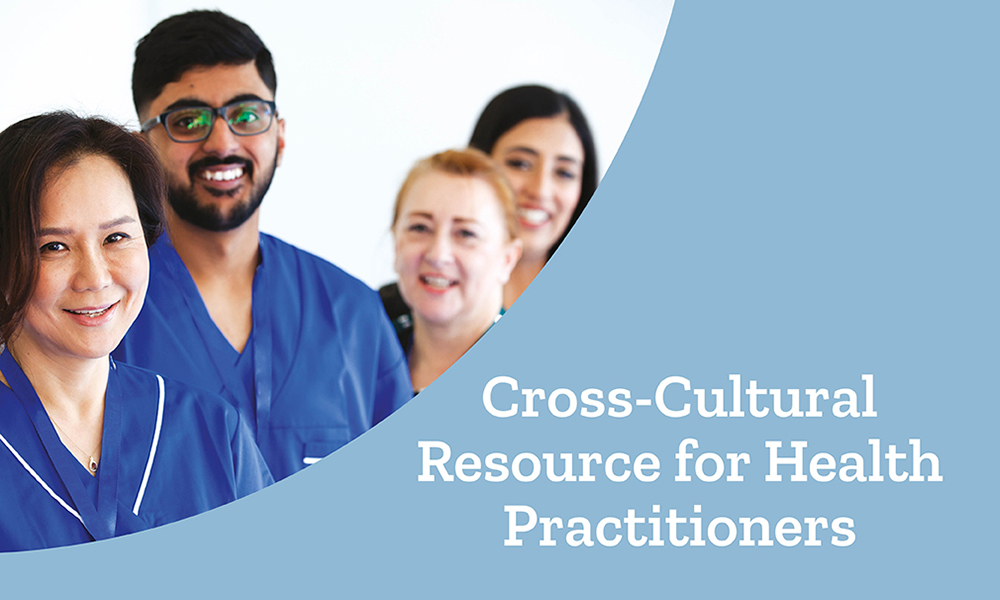Cross-Cultural Resource
Online ToolkitAbout this resource
This is a comprehensive guide for health practitioners working with CALD clients/patients from Asian, Middle Eastern and African cultures.
The aim of this resource is to:
- Enhance awareness around cultural competence issues, what cultural competence means and what it constitutes.
- Provide information to assist practitioners in developing a relevant set of skills for culturally competent practice. For this purpose we have included a self-assessment for cultural competency development, pre-interview checklists and interview guidelines, communication tips and greetings for each culture, tables comparing various aspects of Asian and Western cultures, and how to work effectively with interpreters.
- Provide some brief background information on seven Asian cultures that will assist practitioners in their attempts to develop rapport, build relationship and provide an effective and appropriate service.
- Provide general information about Middle Eastern and African cultures and some brief background information on 3 Middle Eastern cultures and 4 African cultures that will assist practitioners in their attempts to develop rapport, build relationship and provide an effective and appropriate service.
The resource describes Asian cultures (included are Chinese, Korean, Indian, Vietnamese, Cambodian, Laotian and Burmese) and Middle Eastern and African cultures (included are Afghani, Burundian, Ethiopian, Iranian, Iraqi, Somalian, and Sudanese), as these are the considered as the major migrant and refugee population groups outside the dominant New Zealand host cultures.
Author/owner
eCALD Services
It is highly recommended that viewers complete the Module 1 Culture and Cultural Competency course to gain more knowledge about working with CALD clients.
Produced by eCALD Services, Waitemata District Health Board.
First published: 2007; updated: July 2018
© Waitemata District Health Board [2007-2018]
